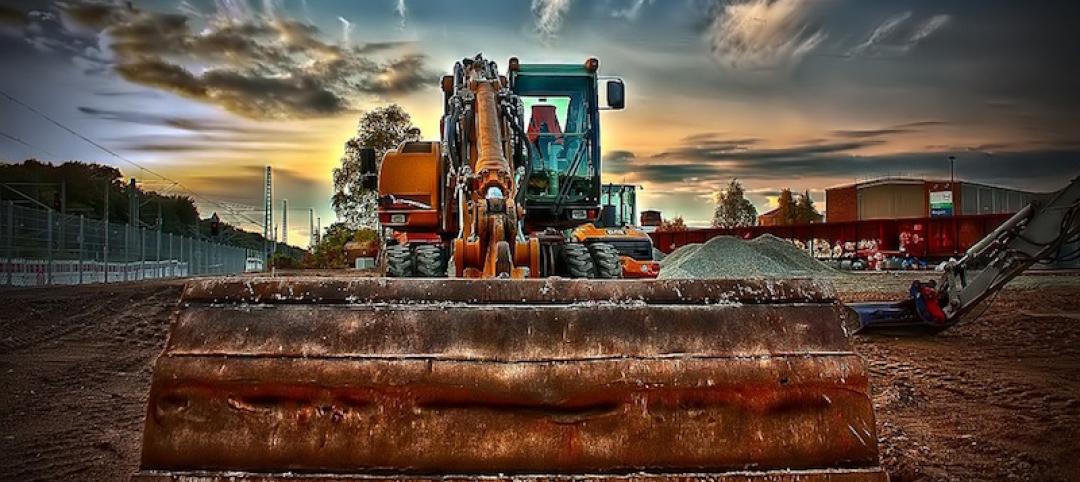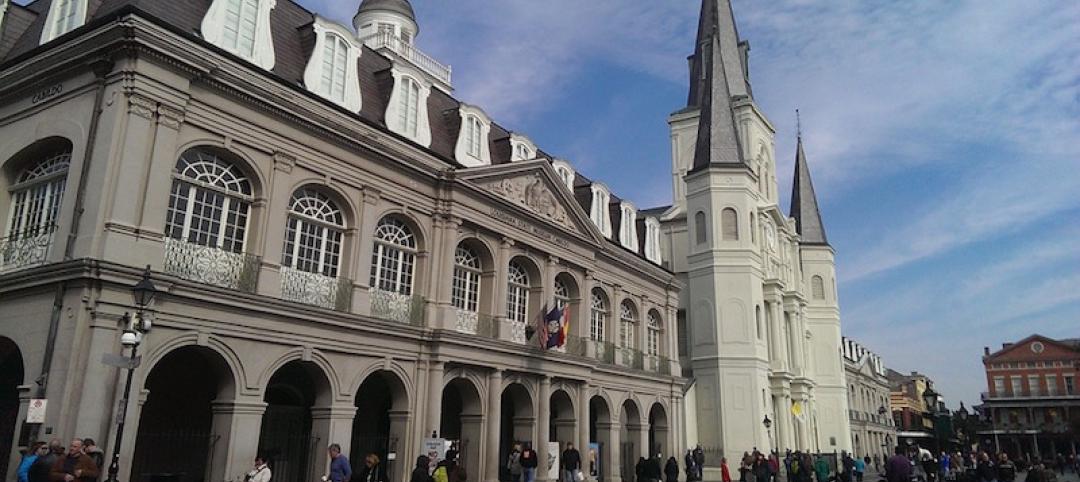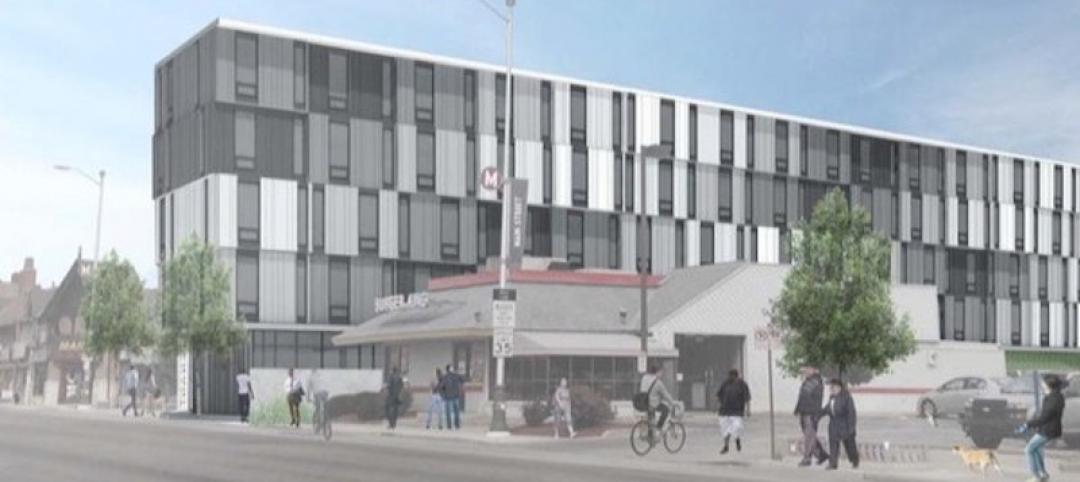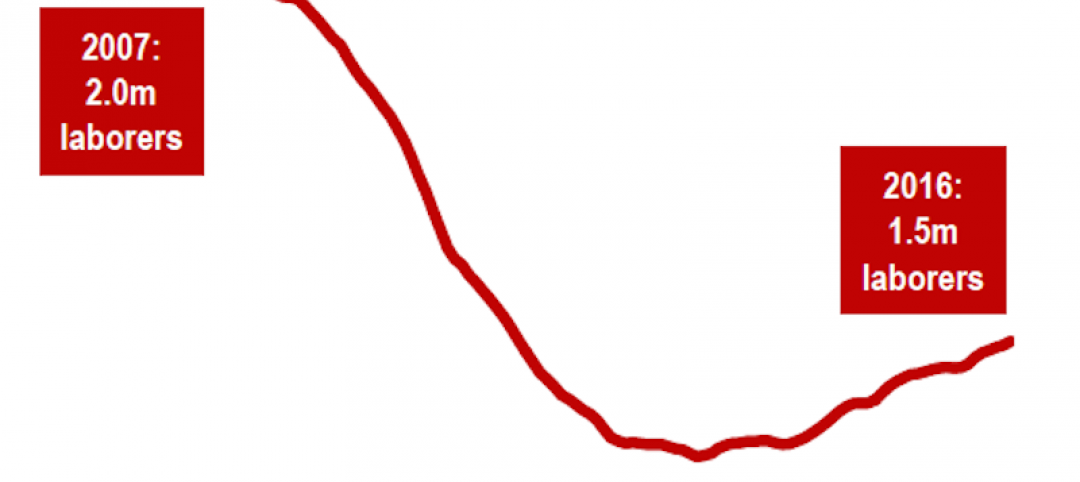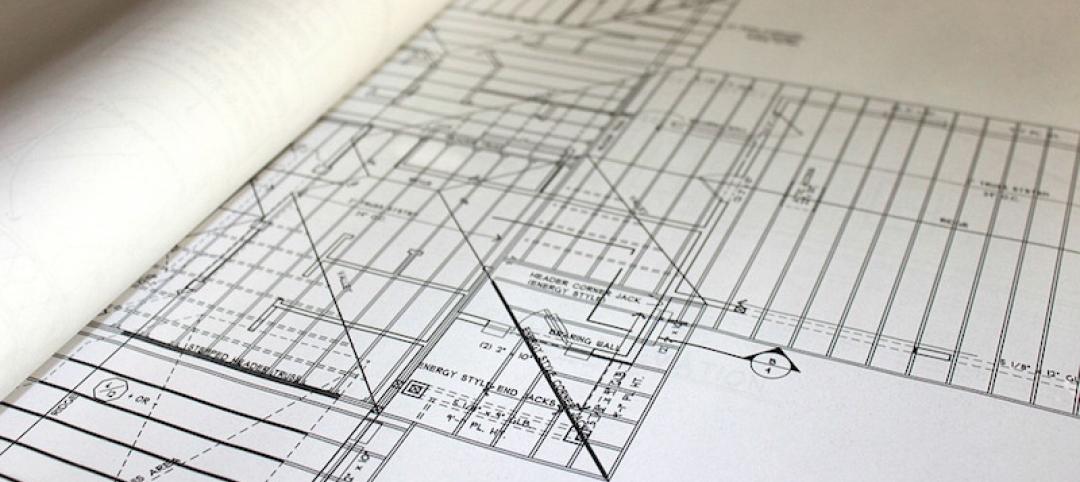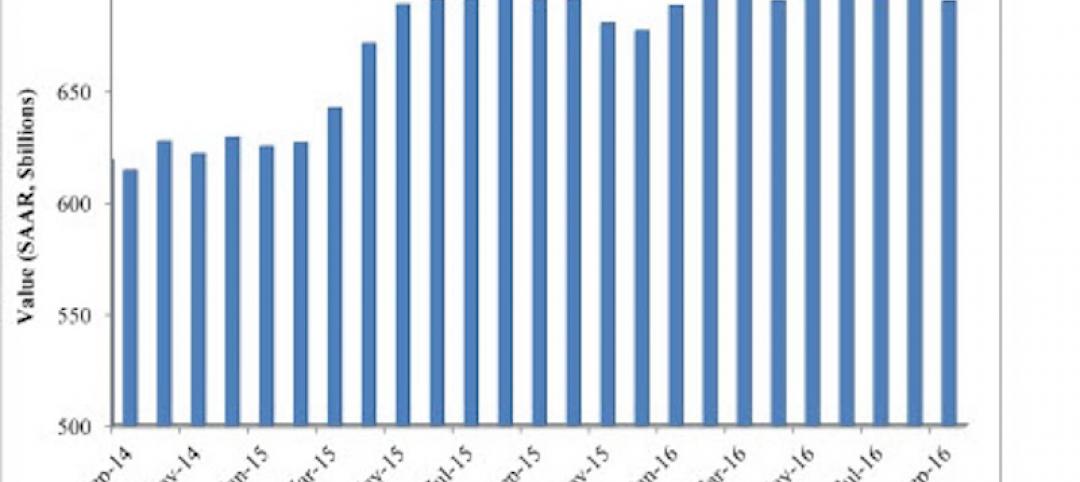Construction employment rebounded by 464,000 jobs in May, but the total remained 596,000 below the latest peak in February and the industry’s 12.7 percent unemployment rate was the highest for May since 2012, according to an analysis by the Associated General Contractors of America of government data released today. Association officials cautioned that the future job losses are likely as temporary federal support programs end, state and local officials deal with tighter budgets and private sector demand declines later this year.
“The huge pickup in construction employment in May is good news and probably reflects the industry’s widespread receipt of Paycheck Protection Program loans and the loosening of restrictions on business activity in some states,” said Ken Simonson, the association’s chief economist. “Nevertheless, the industry remains far short of full employment, and more layoffs may be imminent.
Simonson noted that the association’s latest survey found that nearly one-fourth of contractors reported a project that was scheduled to start in June or later had been canceled. He added that with most states and localities starting a new fiscal year on July 1, even more public construction is likely to be canceled unless the federal government makes up for some of their lost revenue and unbudgeted expenses.
The gain of 464,000 jobs in May followed losses of 995,000 in April and 65,000 in March, for a cumulative loss over three months of 596,000. Construction employment totaled 7,043,000 in May, about where it stood in late 2017, the economist noted.
The industry’s unemployment rate in May was 12.7 percent, with 1,187,000 former construction workers idled. These figures were roughly four times as high as in May 2019 and were the highest May levels since 2012 and 2011, respectively.
Association officials said the best way to avoid the expected future construction job losses is for federal officials to boost funding for infrastructure, including highway, bridges, waterways and airports. They noted that the additional funding would help cover expected state and local budget shortfalls and would help replace expected declines in private-sector demand.
“Government officials have done a good job providing temporary relief for firms struggling to cope with the economic impacts of the pandemic,” said Stephen E. Sandherr, the association’s chief executive officer. “As those temporary supports end, the broader economic realities of the lock-downs will cost countless construction jobs unless Congress and the Administration can work together to enact measures to revive the economy.”
Related Stories
Market Data | Nov 30, 2016
Marcum Commercial Construction Index reports industry outlook has shifted; more change expected
Overall nonresidential construction spending in September totaled $690.5 billion, down a slight 0.7 percent from a year earlier.
Industry Research | Nov 30, 2016
Multifamily millennials: Here is what millennial renters want in 2017
It’s all about technology and convenience when it comes to the things millennial renters value most in a multifamily facility.
Market Data | Nov 29, 2016
It’s not just traditional infrastructure that requires investment
A national survey finds strong support for essential community buildings.
Industry Research | Nov 28, 2016
Building America: The Merit Shop Scorecard
ABC releases state rankings on policies affecting construction industry.
Multifamily Housing | Nov 28, 2016
Axiometrics predicts apartment deliveries will peak by mid 2017
New York is projected to lead the nation next year, thanks to construction delays in 2016
Market Data | Nov 22, 2016
Construction activity will slow next year: JLL
Risk, labor, and technology are impacting what gets built.
Market Data | Nov 17, 2016
Architecture Billings Index rebounds after two down months
Decline in new design contracts suggests volatility in design activity to persist.
Market Data | Nov 11, 2016
Brand marketing: Why the B2B world needs to embrace consumers
The relevance of brand recognition has always been debatable in the B2B universe. With notable exceptions like BASF, few manufacturers or industry groups see value in generating top-of-mind awareness for their products and services with consumers.
Industry Research | Nov 8, 2016
Austin, Texas wins ‘Top City’ in the Emerging Trends in Real Estate outlook
Austin was followed on the list by Dallas/Fort Worth, Texas and Portland, Ore.
Market Data | Nov 2, 2016
Nonresidential construction spending down in September, but August data upwardly revised
The government revised the August nonresidential construction spending estimate from $686.6 billion to $696.6 billion.



